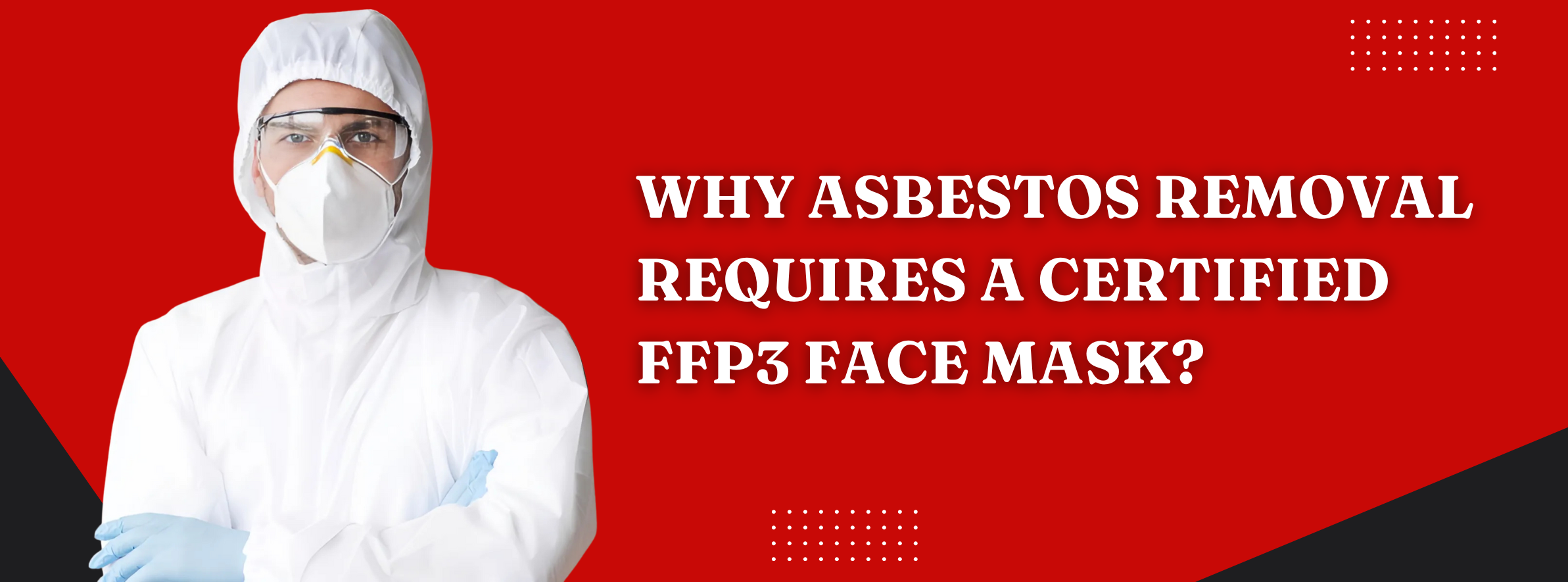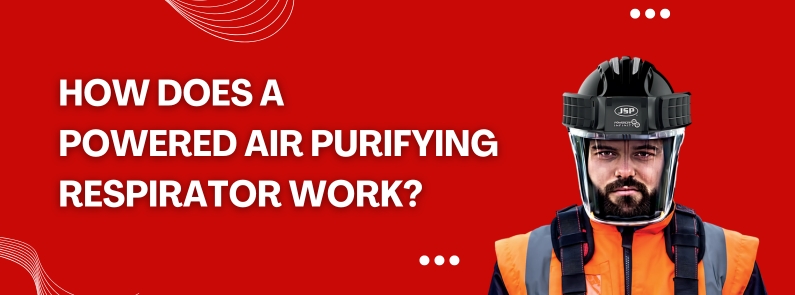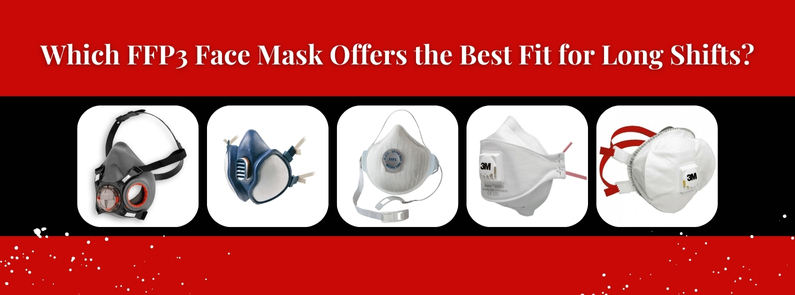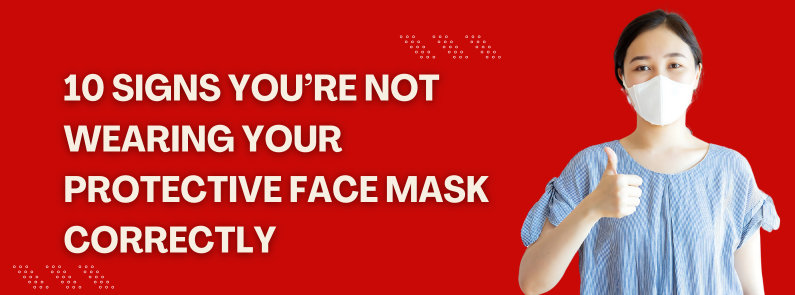
In an outbreak of viral infection, the major concern is preventing the spread of the virus because airborne diseases spread fast and easily. Earlier, the only way to safeguard yourself was to take the vaccine.
In the past, after every viral outbreak, the health organizations advised people to be mindful of their hygiene and wash their hands regularly to prevent themselves from getting infected and get vaccinated.
Preventive measures, advised by the health organizations, like washing your hands with soap and warm water is effective. But these measures alone won’t work as most of the viral infections are contagious and spread fast through the air.
This is the reason that infected people are advised to stay at home until they are cured. This prevents the virus from spreading and infecting healthy people.
Even for a healthy person, it’s tough to stay uninfected if there’s a major viral disease outbreak in their locality. Later use of face masks became popular as these masks were supposed to control the virus from spreading, especially in case of flu.
Are Face Masks Really Effective Against Viruses?
For a very long time, the scientists weren’t sure about the effectiveness of these masks. To check that researchers closely observed a group of 400 people who were suffering from the flu.
The infection spread was prevented in 70% of family members by taking safety measures like regular hand washing and the use of surgical masks. If used correctly, these masks proved to be highly effective in disease prevention. These findings were published in the Annals of Internal Medicine.
Similar observations were found in many studies. Though, the reduction in cases happened due to the combination of both - the use of masks and washing hands.
Which Face Mask is most Effective Against Viruses?
Face masks are often worn by medical professionals to prevent droplets of bodily fluids that might contain viruses to escape via nose and mouth. These masks fail to prevent inhalation of small particles. A wide range of face masks is available providing different levels of protection.
Let’s check which dust mask or respirator is most effective against viruses to be effectively used and how many types of face masks are there -
Dust Masks and Respirators
Different types of dust masks are available that offer different levels of protection. These dust masks are either disposable or reusable. Some fit loosely on your face and some need to be fit tightly to be effective. The type of mask to be used depends upon the type of hazard present in the environment.
You will need to check the protection factor provided by the face mask. Apart from this in case of reusable masks a fit-test is needed. This ensures that you will get the mentioned level of protection.
FFP3 Face Mask or P3 respirator dust masks have a high level of protection factor (APF 20). These masks provide very effective protection against the biological agents. These masks can usually be identified by red straps.
Reusable respirator masks provide a higher level of protection against very small particles. Some reusable respirators are highly effective and recommended as a part of asbestos PPE.
These asbestos masks are specifically used in the asbestos-laden environment. But can be effectively used for prevention against the biological particles and viruses.
Conclusion
It’s a sure thing that prevention is better than cure. When it comes to protection against viruses it’s better to wear a face mask to safeguard yourself. To keep yourself safe during flu season you should use these masks.
Get in touch with us to find the right mask for you that’s effective against viruses.





